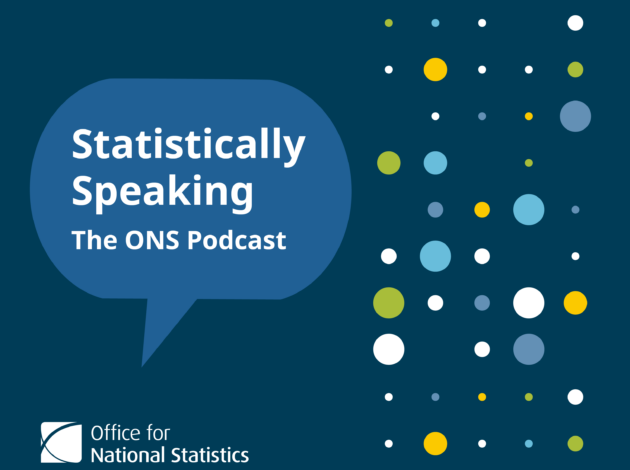Migration: The needle in the data haystack

With migration continuing to make headlines in the media, a new episode of the Office for National Statistics’ (ONS) podcast Statistically Speaking unpacks what actually defines a “migrant”, and how the UK’s largest producer of official statistics goes about estimating them.
Madeleine Sumption, Director of the Migration Observatory at the University of Oxford, tells podcast host Miles Fletcher:
“I think in people’s minds, when they think about migrants, they will typically think of someone who is moving permanently. But, actually, a lot of migrants to the UK only stay for a couple of years.”
“It’s sometimes difficult to appreciate quite how hard it is for ONS to work out who is a migrant or not, because millions of people cross borders every year and most of them are not migrants.
“We have tourists; people who come in to visit family members – there are all sorts of reasons that people come and go. So ONS is looking for a needle in the haystack – that relatively small share of people who are crossing the border and are actually migrating.”
Explaining the benefits of how the ONS estimates migration now, compared to how it was done in the past, Mary Gregory, Director of Population Statistics at the ONS, talks of how the Covid pandemic accelerated the introduction of new methods:
“We very quickly moved to using administrative data to help us measure international migration,” she says.
“We can now look a lot more at why people come to the UK, or which are the people leaving, so we know more about the reasons for migration as well.”
The podcast also covers the impact on migration from other events in recent history, such as Brexit; the necessity for assumptions and revisions within the data; as well as plans for further improvements in ONS methodology.
Hannah Smith, a senior political journalist at fact-checking charity Full Fact completes the line-up of guests, shedding light on how migration figures are often used and abused.
“It’s hard to know how much of it is deliberate misuse of migration figures and how much of it is due to just misunderstanding the data.
“We know bad information does cause real harm. That’s why the information that the ONS is publishing is really important for reasoned debate, and the first step to helping counter the bad information that’s out there.”